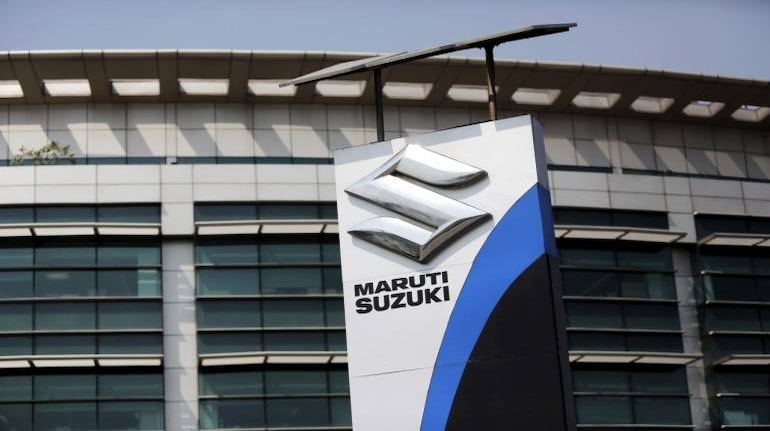



The country’s largest carmaker Maruti Suzuki India Limited once again held back on giving a firm timeline for its electric vehicle (EV) plans. In fact, belying the buzz around them, the company’s chairman, RC Bhargava, suggested that the market size for EVs was still way short of viability.
Is Maruti’s reluctance to commit itself substantially to EVs a sign that it reads the future differently from many others? Or does it represent the company’s reluctance to risk losing its dominance in cars based on internal combustion engines in pursuit of an unproven market which is still miniscule in size?
Maruti’s stance is perplexing considering how companies such as Toyota Motor Corp, Volkswagen AG, and Ford Motor Co. have been announcing multi-billion dollar investments to enhance their EV manufacturing capabilities. These are all legacy auto companies unlike the pure play electric carmaker Tesla, whose trillion-dollar market cap is now more than the combined value of five of its biggest rivals: Toyota, Volkswagen, Daimler AG, Ford, and General Motors.
The Indian auto market is unique in many ways, none more so than in the dominance of one player for such an extended period of time. Maruti has been the country’s market leader for close to about three decades now. What’s more, with each passing year it has been pulling away further and further from its nearest rival, such that it faces any real challenge only in a handful of the dozen odd segments that it is present in.
Companies punt on newer technologies typically when either their dominance is under threat or when they feel they can use them to catch up or leapfrog competition. Tata Motors, for instance, realising that it is going nowhere with its conventional cars, is betting its future on EVs. Its global subsidiary, Jaguar Land Rover, has already committed to go fully electric by 2025.
Maruti faces no such immediate threats. What’s more, its Japanese parent Suzuki Motor Company, doesn’t have an EV portfolio, and is depending on a tie-up with Toyota to develop them. Japanese carmakers have been slow off the mark in the race to launch EVs with only Nissan’s Leaf among the world’s top such vehicles. Not surprisingly, Suzuki appears to be biding its time, and holding back investments.
One reason could be the uncertainty that surrounds the underlying technology that will power EVs with batteries still in an experimental phase. A recent Reuters report pointed out that mass market production of solid-state batteries that could be a game changer for EVs by storing more energy, charging faster and offering greater safety than liquid lithium-ion batteries, could be just three to five years away.
Suzuki may be waiting for market conditions to turn more benign before making a definitive push into EVs. Prices of battery packs, which are the most expensive component of an EV, have been coming down steadily. But with their capacity going up from the billions of dollars in fresh investment by companies such as Panasonic, LG Chem and SK Innovation, experts expect further reduction.
EV manufacturing is an expensive business, and the returns aren’t immediately visible. Honda, which recently announced that by 2040 all its sales would be of electric vehicles, will be spending $45 billion in research and development over the next six years. Currently though only 1 percent of its total sales in Japan come from EVs.
It is these factors that are probably driving Maruti’s wait-and-watch strategy particularly at a time when its financials are stretched from the effects of the pandemic on car sales. The company reckons that it is better off chasing customers rather than creating a new market. For all the promise of EVs, the conventional cars business has a long tail, and Maruti could still make healthy profits once normal business returns. In several industries, powerful incumbents have made unreasonable profits at the fag end of the life cycle of their business.
Reasonable as it seems, the strategy is fraught with risks. The world of business is littered with carcasses of companies that refused to recognise an imminent threat. Eventually most did, but by then it was too late. Nokia dominated the early mobile phone market of the 1990s like a colossus, but was so blinded by its own success that it failed to see the coming tsunami. Today the rump of the pioneering company does make smartphones, but it isn’t even a speck in the global sweepstakes.
Having upended many stalwarts on its way to the top of the Indian automobile market, Maruti will be wary of such a fate.

Discover the latest Business News, Sensex, and Nifty updates. Obtain Personal Finance insights, tax queries, and expert opinions on Moneycontrol or download the Moneycontrol App to stay updated!
Find the best of Al News in one place, specially curated for you every weekend.
Stay on top of the latest tech trends and biggest startup news.